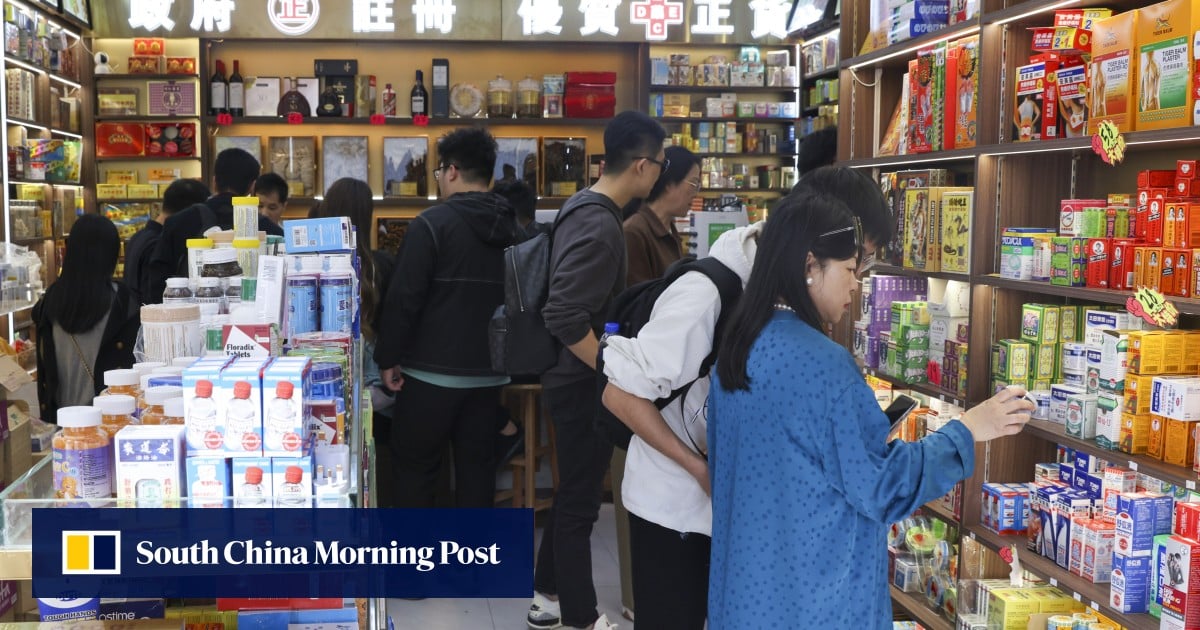Bussiness
Hong Kong SMEs more confident of growth than their Singapore, mainland peers

Hong Kong more or less matched the average for the region, with 70 per cent of respondents expecting to see their business grow this year. That compared to Australia, where 53 per cent anticipated expansion, and Singapore, where 58 per cent of those polled were optimistic.
In mainland China, New Zealand and Taiwan the proportion of companies foreseeing growth was 59 per cent, 60 per cent and 63 per cent respectively.
The biggest displays of confidence came from Malaysia on 78 per cent, India and Indonesia both on 84 per cent, Vietnam on 86 per cent and the Philippines which scored highest with 89 per cent.
“Hong Kong small businesses made a steady recovery last year, and most project a mild expansion in 2024,” said Cliff Ip, divisional president of CPA Australia 2024 in China.
Optimism among the city’s SMEs was at its highest in five years. Confidence rebounded to 66 per cent last year, having been squashed to as little as 21 per cent during the Covid-19 pandemic and the social unrest that preceded it in 2019.
Ip credited the more positive outlook to the improved economy, an array of government support programmes, financial support from banks and also the many schemes encouraging SMEs to use online channels for their marketing and sales.
The Hong Kong Monetary Authority (HKMA) on Monday launched a one-stop information platform on its website to help SMEs affected by changes in consumer and tourist spending patterns.
The platform is part of a series of banking measures announced last month by the HKMA to help small companies navigate challenging market conditions. Many Hongkongers are travelling to the mainland to dine and shop, leaving local shops and restaurants with fewer customers.
To counter this, the city’s small businesses are increasingly leveraging their online capabilities to tap customers abroad.
The CPA Australia survey showed Hong Kong SMEs are confident about getting new clients from overseas markets via online sales. Some 79 per cent of respondents expect revenue from sales abroad to grow, much higher than the survey average of 50 per cent.
Digital payments have seen a massive increase among Hong Kong’s SMEs, though this has triggered security risks, the survey found.
Some 86 per cent of respondents indicated more than a 10th of their revenue was received through digital payments, compared with only 30 per cent in 2019.
Seven in 10 of them said they are concerned about potential cyberattacks in 2024, with 64 per cent having lost money to cybersecurity incidents last year. These were the highest percentages in the 11 markets surveyed.
“The increasing adoption of e-commerce and digital tools enabled many small businesses in Hong Kong to capitalise on overseas opportunities,” Ip said.
Business growth and market expansion led 46 per cent of Hong Kong’s small businesses to increase their headcount last year, beating the survey average of 32 per cent. Just over half are expecting to recruit more staff in 2024.
The city has about 340,000 SMEs, accounting for 98 per cent of its businesses and employing 45 per cent of the private-sector workforce, according to the government, which defines an SME as a non-manufacturing company with fewer than 50 employees or a manufacturing firm with under 100 staff.









